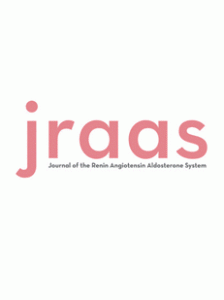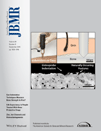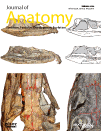An investigation has uncovered fake reviews on 21 papers submitted to the Journal of the Renin-Angiotensin Aldosterone System.
After taking a second look at accepted papers with an author-nominated reviewer, the journal discovered that the listed reviewers on the 21 papers, though real people, had never submitted a report.
Eight of the papers have been retracted by JRAAS. The rest had not yet been published, and have now been rejected, explains a commentary by the journal editors. The journal has also stopped allowing authors to nominate reviewers.
The retraction note — the same on all eight papers — explains how the authors “seriously compromised” the review process:
Continue reading Eight retractions for fake reviews lead journal to suspend author nominations








